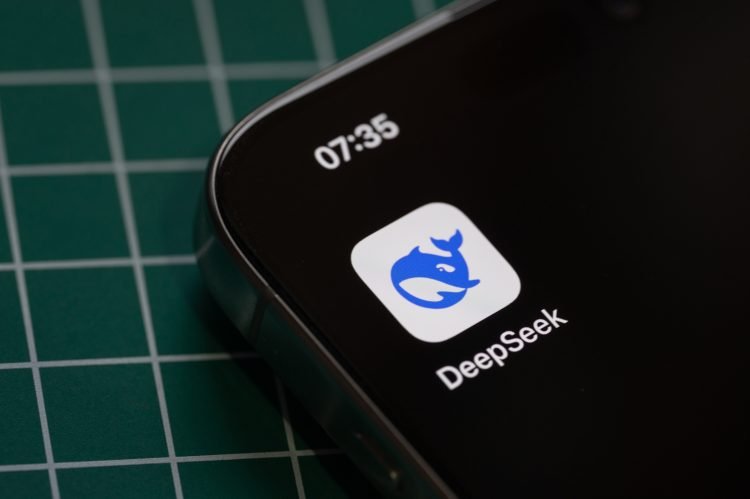South Korea has accused the Chinese AI startup DeepSeek of sharing user data with ByteDance, the owner of TikTok in China. The country’s data protection regulator, the Personal Information Protection Commission (PIPC), confirmed to Yonhap News Agency that DeepSeek had been in communication with ByteDance. In response to concerns over data protection, South Korea removed DeepSeek from both Apple and Google app stores over the weekend. The app had previously caused a stir in the AI sector back in January when it was reported that its new AI model had been developed at a significantly lower cost than rivals like ChatGPT, leading to a sharp drop in global stock markets. Since then, several countries have raised alarms about potential risks to user data, and in February, a US cybersecurity firm alleged that DeepSeek could be sharing user data with ByteDance.
Despite its rapid rise, DeepSeek was downloaded over a million times in South Korea before being removed from the app stores. Although the app is no longer available for download, existing users can still access it through web browsers. The PIPC stated that while it had found evidence of communication between DeepSeek and ByteDance, it had not yet confirmed the nature or extent of the data shared. Critics of China’s data privacy practices have long pointed to the country’s National Intelligence Law, which some argue gives the government access to data from Chinese companies. However, others argue that ByteDance, which is partially owned by global investors, should be able to protect its users’ data independently.
The concerns surrounding user data being sent to China were also a significant factor in the US Supreme Court’s decision to uphold a ban on TikTok, which is owned by ByteDance. The US ban is currently on hold until 5 April, as negotiations continue. A cybersecurity company, Security Scorecard, raised concerns about DeepSeek in a February report, noting that the app showed signs of deep integration with ByteDance’s analytics services. The company also warned that user behavior and device data might be transmitted to ByteDance servers, with some data appearing to be routed to domains linked to Chinese state-owned entities.
On Monday, the PIPC revealed that it had discovered third-party data transfers and insufficient transparency in DeepSeek’s privacy policy. The app has reportedly cooperated with the regulator but admitted to failing to comply with South Korean privacy laws. The PIPC has advised users to be cautious and avoid sharing personal information through the app. South Korea joins several other countries, including Australia and Taiwan, in banning DeepSeek from government devices.
The BBC has reached out to the PIPC, ByteDance, and DeepSeek’s parent company, High Flyer, for comment.





